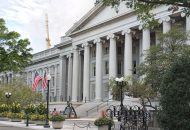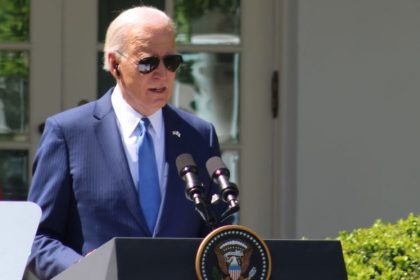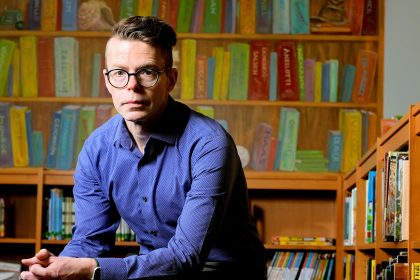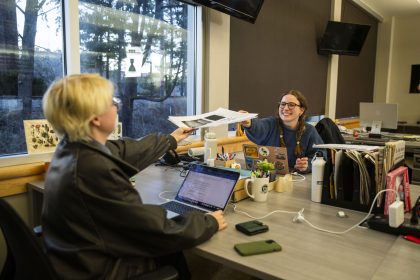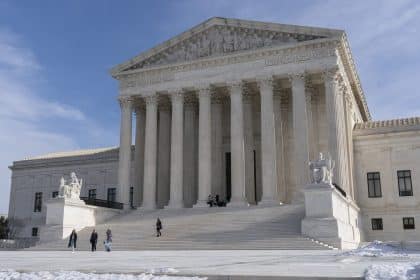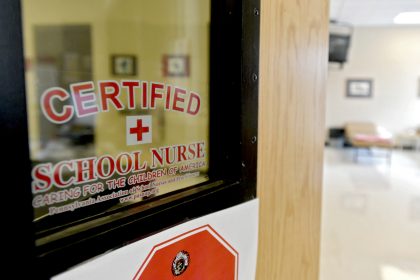For US to Remain Competitive Requires ‘Taking the Quantum Leap’

If the United States wants to remain competitive in the global marketplace for the rest of this century and beyond, it needs to foster education in the fields of science, technology, engineering and math, said a group of experts on Thursday.
A robust “STEM workforce is the way we remain competitive,” said Talitha Washington, director of the Data Science Initiative at the Atlanta University Center Consortium, during the Center for Strategic and International Studies event entitled, “Taking the Quantum Leap: The skills and education we need to build a diverse quantum workforce.”
This is particularly true for quantum computing, which all experts pointed to as the future technology driving the digital economy. If the U.S. wants to keep up with others already developing this technology, it needs to educate today’s young people in its applicability.
Quantum computing, once fully developed, will be able to perform in a few seconds what current supercomputers now need years to do. It uses the principles of quantum mechanics, which describes the properties and interactions of energy and matter at the level of an atom or subatomic particle, when processing multiple sets of data. By processing the probability of the outcomes of many tiny and fast interactions simultaneously, it arrives to conclusions quicker than classical computers.
For example, traditional computing goes through a painstaking process of elimination through trial-and-error to see if a new vaccine will work, whereas a quantum computer will “simply do the computation,” said Tara Fortier, project leader in the Time and Frequency Division at the National Institute of Standards and Technology.
This technology is not just quicker and better, it represents “completely new paradigms for computation” that will solve issues classical computers cannot, according to Zaira Nazario, technical lead at IBM Quantum. It will create more secure communications systems, she added, and increase sensitivity and accuracy of sensors like those used in GPS navigation, smart technology and artificial intelligence.
“In the beginning, you need people who have a lot of technical skill in terms of quantum information,” said Fortier, just to understand what can be done with this technology. Once products are created from this technology, the need will be for engineers, computer scientists, mathematicians, physicists, chemists, product designers, software developers, and more.
The current workforce demand in quantum technology is not as high as that of conventional computing and AI, Nazario said, but it is increasing and will continue to do so exponentially.
“If we do nothing to increase the supply, we will not be able to meet that future demand to sustain the needs of the industry,” Nazario said, the supply being a STEM workforce.
Washington agreed, calling it a “national security matter” as quantum computers will be able to make or break encryption systems that secure our data.
“Fundamentally different technology requires a fundamentally different approach to education,” said Nazario, since these STEM principles are typically learned in college. Age-appropriate education initiatives, like IBM’s hackathon, need to be developed, she added.
Fortier suggested exposing children earlier, at the ages of five or six, to “learn the basics of the language” of quantum science so that they understand these principles to later apply them.
Adults without a degree in physics or quantum studies should not shy away from retraining themselves, added Washington, a professor of mathematics who did so herself.
A growing number of resources exist for adults to retrain from online courses and
college lectures. The University of Chicago, for example, now offers a certifications program to train STEM professionals in quantum technology.
Another early education initiative panelists pointed to was the National Q-12 Education
Partnership aimed to expand quantum education and tools by bringing together the professional, industry, and educational communities.
“The opportunities are endless, so take the quantum leap,” Washington urged.










